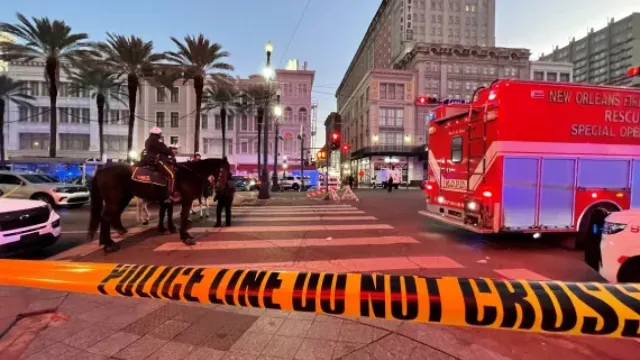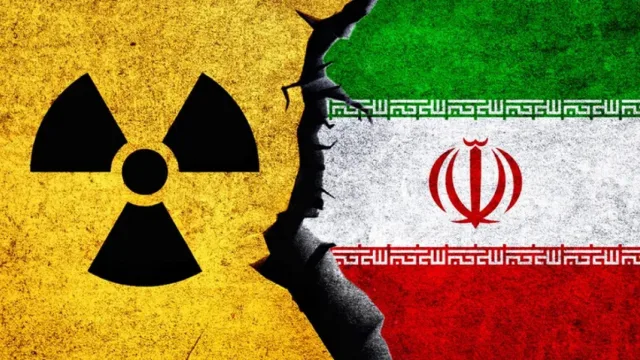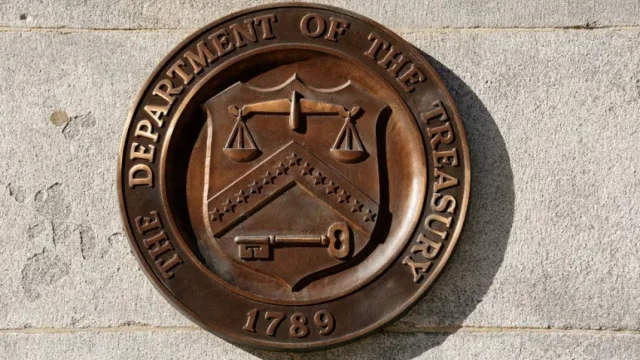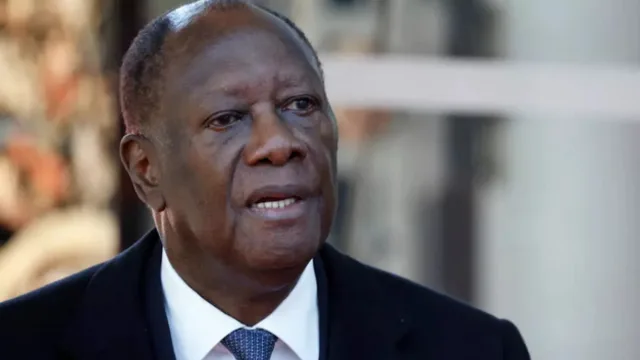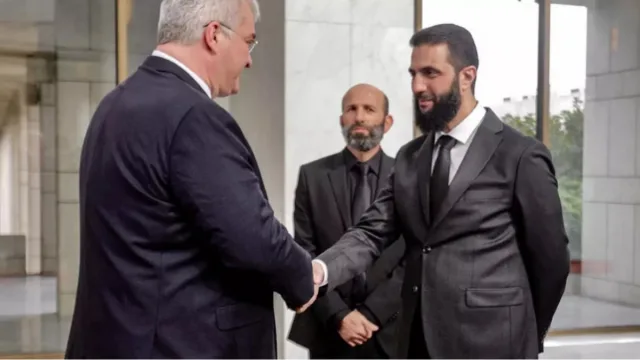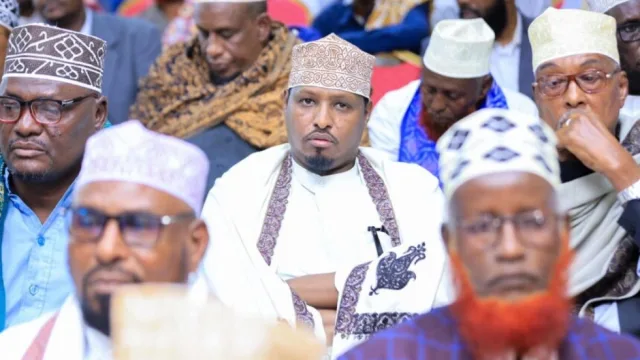Somalia is a country battling with prolonged conflict and insecurity since its central government’s fall in…
Somalia is a country battling with prolonged conflict and insecurity since its central government’s fall in 1991. The chief source of the insecurity is the activities of Al-Shabaab and organized crime.
Al-Shabaab, is an al Qaeda affiliate, that operates primarily out of the country’s southern and central regions. The group is fighting the Somali Federal Government in Mogadishu as well as regional administrations. There are twenty-two thousand strong foreign troops, mainly AMISON from various African nations that were deployed to fight the group in and around Mogadishu, but they are having difficulty controlling them. The small Somali National Army that is mainly based in Mogadishu is not trained or equipped enough to take over the fight of the insurgency on their own. The failure of the government forces to defeat this militia emboldened them to wage war on parts of Puntland State of Somalia, one of the most stable areas of the country, in an effort to destabilise it, but they were repulsed. After twenty-five years, Somalia still lacks a strong government that can restore security and establish a foundation for functional institutions for the country to recover and to rebuild.
Security is paramount for any government to function, particularly a fragile one like Somalia; a notion that current President Hassan Sheikh Mohamud understood when he took office in 2013 and pledged to make security a priority for his government. However, the questions many Somalis are asking are why Somalia’s instability is persisting for so long, how are these security concerns affecting development and governance in the country, and what are the solutions to combat security threats. In this article, I will explore the two main sources of insecurities in the country: Al-Shabaab and the outlier (organized crime).
The enemy within and the perpetuators of the status quo.
Al-Shabaab was formed in 2004 as part of the Islamic Courts Union (ICU) that was a network of Islamist militant tribes that controlled southern and central Somalia and fought against what they considered an Ethiopian invasion. After the defeat of ICU in 2006, they took up the cause and continued fighting Somalia’s successive governments and anyone who is associated with them. The Somali people know Al-Shabaab’s atrocities and their willingness to kill randomly, but very little is known about their ideology other than they are a faction of Al-Qaida terrorists. Apart from some of their leaders who sometimes appear in the media, nobody has seen their faces publicly until their recent attack in Puntland region of Somalia.
In March 14, 2016, hundreds of Al-Shabaab Militia forced their way into Puntland region of Somalia. Even though their mission failed, it did surprise the whole country, not because Al-Shabaab has no presence in Puntland or cannot go there, but because of their bold action and ambition to expand their mission. Their attack of Puntland was also indicative of the tremendous resources at their disposal and the vast network they have in the country which allowed them to cover vast distances by land and sea with ease. Some argue that their numbers and strength are built within the communities they live in. As it turns out, they have also been abducting vulnerable children from their homes to increase their numbers.
Somalia has been branded as the most dangerous place in the world, mainly due to lack of political stability and safety, the latter is to a great extent the result of ineffective governments and active ruthless guerrilla attacks by Al-Shabaab. However, this militia is not invincible as has been shown during their incursion in Puntland; they can be defeated militarily.
Unfortunately the enemy within is much stronger than the one on the periphery. There are those (local and foreign elements) who benefit from keeping the conundrum alive in order to change the trajectory of state-building for personal gain.
It is not only Al-Shabaab that is driving the insecurity in Somalia. Another group that has a vested interest in political instability, and insecurity is the organised criminal gangs that are mainly operating in Mogadishu and their foreign patrons. As the current mayor of Mogadishu recently reiterated, the insidious crimes committed in Mogadishu in the name of Al-Shabaab, were done for personal gains, mainly financial. The organized criminals are apparently led by powerful and influential people in the city; some are even thought to be politicians and important business people. Like any other organized crimes, status, business control and financial enrichment are the driving force. In Mogadishu, targeted killings in the name of Al-Shabaab are not uncommon; of course, the militias are more than willing to take the credit for every crime committed, as that would raise their stock as a formidable force as well as gaining financial benefits from such collaboration. As many Somalis living in Mogadishu believe, the victims of targeted killings are people who have spoken against political mismanagement, or declared grievances of land or other disputes. The groups and individuals who are using organized crime as a means to their end are as dangerous – if not more – as armed insurgency. But unless they are faced with a firm and decisive legal and security approach to uproot them, they could throw Somalia into cycles of bloodshed and instability that would be difficult to control.
A recent discussion program called “The Race Against Time in Somalia” hosted by Centre of Strategic International Studies (CSIS), Matt Bryden, who was described as a Somali expert, painted a very gloomy and hopeless picture of Somalia. His diagnosis of Somalia’s situation was more reminiscent of the historic colonial point of view of Africa: we know what is best for you. He was speaking in a position of authority to an eager audience of mainly westerners. He gave a pessimistic verdict that things in Somalia would not get better beyond what it is today and, therefore, must be maintained “at all cost.” Mr. Bryden did not bring anything new to the discussion beyond some well-known common concerns such as election processes, regional and clan disputes. In fact, he minimized and downplayed the ability of Somalis to find solutions to the Somali problems, thus dismissing the idea of leaving Somalis alone to deal with their issues.
However, unlike Mr. Bryden, Professor Ken Menkhaus of Davidson College at Syracuse University with his recent research on Somalia, State-Building and Non-State Armed Actors in Somalia, believes that when and if the leaders of the country are willing and committed to state building, they can make it work cohesively with its all moving parts. He provided a picture of complicities, but described ‘State Fragility as a Wicked Problem’ that is incurable if the governing bodies at the helm are not willing to do the necessary work required to building nation or state. State-building & Non-State Armed Actors in Somalia. Some argue that is precisely what is wrong in Somalia today: lack of effective leadership that can deal with such a task.
Political weakness creates insecurity, but more so it becomes a platform for those who want play out, as Professor Markham puts it, “culture war, fanaticizes, and advancing their own ideologies,” including these so-called experts. Rebuilding a nation and re-engaging a society to remove the enemy within and elements of insecurity will require both government leaders and society at large to work together with a common goal.
The Way Forward.
It is a general belief that the breeding ground for child soldiers and youth radicalization is in societies with increased poverty, inequality, and lack of social justice. Insurgencies and terrorist groups cannot be eliminated only by going to war and declaring a winner. Al-Shabaab militia continue to operate all over the country and engage in criminal and terror activities that threaten the country’s internal security and hamper its nation building. The failure of AMISOM and the Somali National Army to defeat Al-Shabaab in the short-term, and the lack of effective long-term strategy to contain the organization’s destabilization efforts emboldened them to attack more areas and increase their abduction and recruitment of children as child soldiers.
Puntland’s ability to defeat Al-Shabaab shows that the group can be defeated and its scourge eradicated from the country. It is imperative that security becomes a priority, and that it is mandated at all levels of governments in Somalia in order to win the war of terror and give people the peace and security they deserve. It is worth-noting that Puntland’s defeat of Al-Shabaab was a complete community effort, and ownership of safety; which is the most effective way of fighting terrorists. When there is a partnership between government and community on security, then communities are safer, and there is no harbouring of criminals.
Suggestions:
- Government needs to approach security as national priority and needs to increase coordination among civilian, police, and military agencies that exist.
- Military operation provided by foreign troops is only a partial solution to the counterterrorist equation and offers a short-term solution to insurgency. However, complete eradication will be attained by the total elimination of its underlying causes. As such, a comprehensive and a holistic approach of community building and reconciliation must be employed.
- In light of Al-Shabaab’s successful child recruitment, governments, both local and federal, must develop programmes that focus on the prevention of recruitment of children by this terrorist organization. They need to focus on the young children who are at high risk, such as those who are internally displaced, living or working on the street, orphaned or separated from parents and primary caregivers.
- Government, at all levels, needs to develop awareness campaigns to inform local communities and children about the importance of stopping recruitment by Al-Shabaab or any other army militia.
- The international community needs to provide the necessary time and resources to support the government to ensure the implementation of policies to protect children.
- It’s important that regional and federal governments work together to create education and employment resources for youth in order to prevent child abduction, rescue children associated with Al-Shabaab, and reintegrate them into communities with psychosocial intervention for rehabilitation.
Children in Somalia have been uprooted by war and forced to commit acts of violence, and they must be supported to overcome the obstacles they face in a post-war environment. Reconciliation is crucial to this part of the process. The security problem in Somalia is rooted in the country’s political leadership vacuum. We cannot return to the Somalia of yesterday, but we can try to evaluate and deal with the problem of today fairly and honestly and build a better country for tomorrow.
By Farhia Ali Abdi
